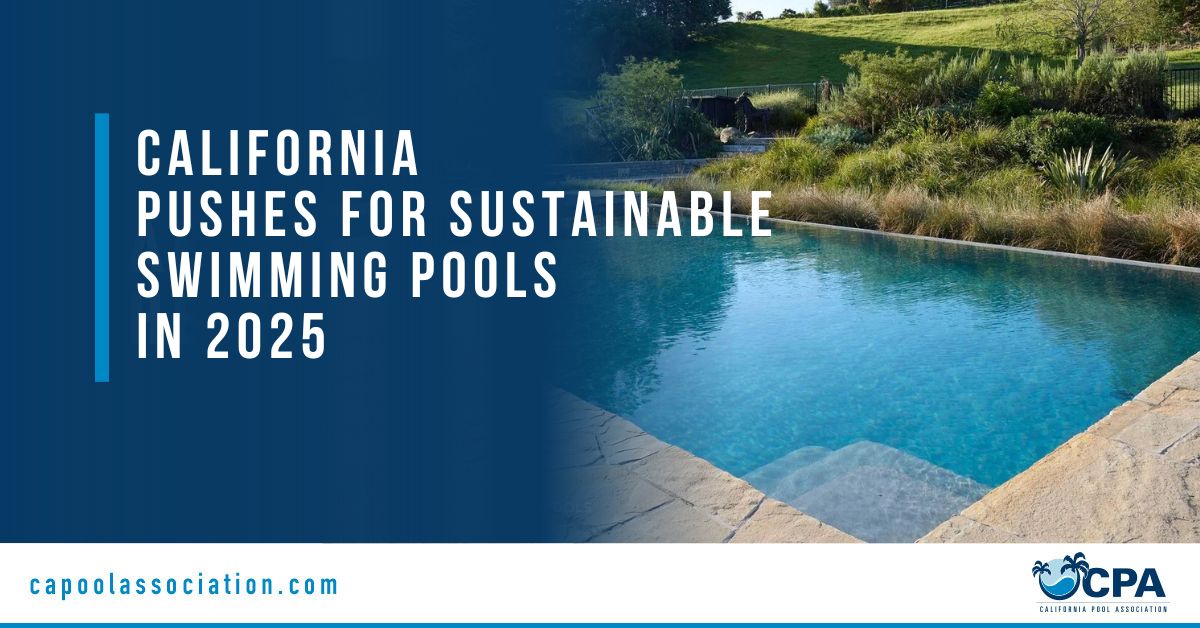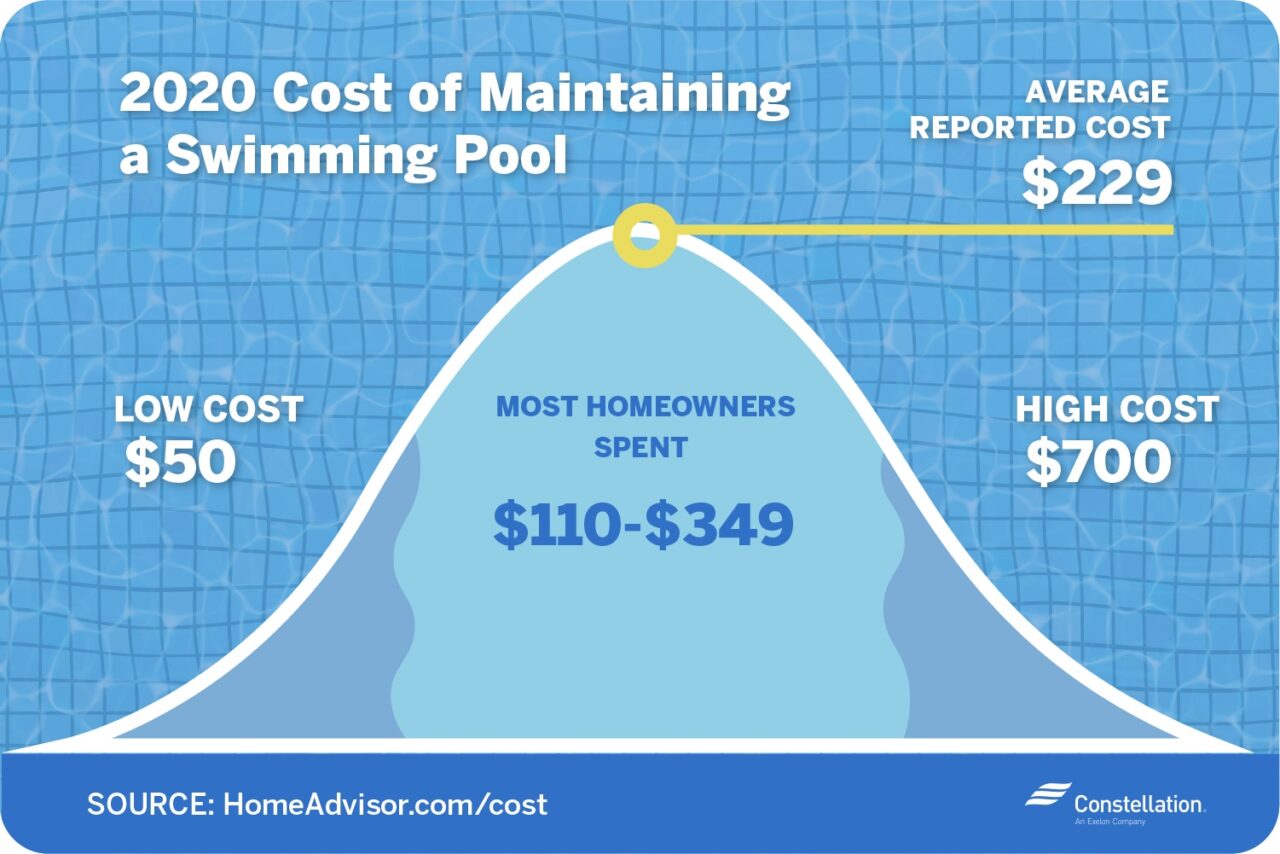
California is changing from using gas power and is focusing on improving its electric grid. The California Energy Commission has decided that starting in September 2025, all new pool equipment sold in the state must save energy during times when electricity use is lower.
Officials believe that updating pool equipment will greatly reduce emissions, similar to removing 85,000 gas cars from the roads. Andrew McAllister, an expert in appliance standards, says that swimming pools use and cost the most energy in homes in California. Controlling how much energy pools use helps keep the electric grid stable.

Justin Wiley from the Pool & Hot Tub Alliance highlights that California has over 1.3 million pools, with 15,000 new ones added each year. He thinks the new rules are good for saving money and cutting down on greenhouse gases. These efforts are part of California’s bigger plan to save a lot of electricity, which could power many homes.
McAllister explains that using energy when it’s cheaper and more available, like during off-peak hours, lets California use cleaner energy sources like solar and wind more effectively. The state is keen on using these smart energy practices in different areas to make the electric grid more reliable.
McAllister stresses the importance of using clean electricity to reach a zero-carbon future and adapting to new ways of using electricity. Wiley believes that other states will watch California’s approach and might adopt similar measures in the future.

While this information is a few years old it’s still relevant as there is an opportunity to reduce those numbers.
The California Community Choice Association has called on the California Public Utilities Comission to expand statewide a pilot program for opt-in dynamic pricing for farmers using automated agricultural pumping equipment.
California’s new pool control standards include cybersecurity standards to protect consumers using flexible demand appliances connected to the internet. User consent is required for the device to send and receive information, including data on changing electricity prices.
The CEC said the new standards complement the agency’s “historical role in adopting world-leading standards for appliance efficiency, building energy efficiency, and load management.”